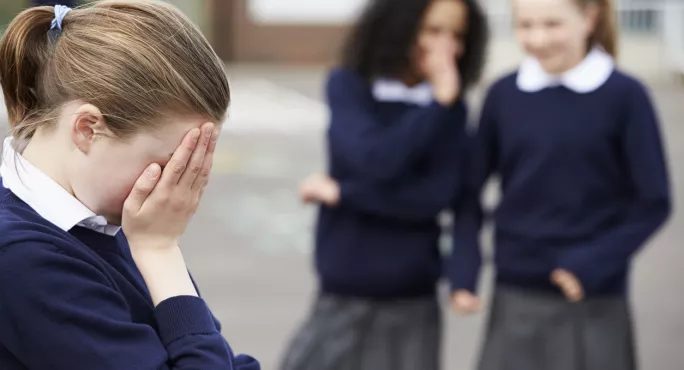Ofsted’s national director of education has said he doesn’t trust the inspectorate’s own past findings about behaviour.
Sean Harford said there were “real issues” with inspecting behaviour, but he said Ofsted would “raise” the profile of discipline with its new inspection framework.
Speaking at the CurriculumEd conference in Lichfield today, he said: “Personally, I don’t believe that 90 per cent of schools in the country have good or better behaviour across the school.”
Spielman: ‘We are listening to teachers’
Need to know: Ofsted’s new inspection framework
Heads: Inspectorate told to change its plan
The 90 per cent figure was also questioned in a report published by the government’s behaviour tsar, Tom Bennett, in 2017.
The report says: “Over the past six years, ‘official’ reports on behaviour in schools (Ofsted reports, and the government-commissioned 2009 Steer report on behaviour in schools) have presented a very positive picture of classroom climate and pupil behaviour, with Ofsted consistently reporting that behaviour was ‘satisfactory’ or better in over 90 per cent of schools…a figure rising to 99.7 per cent in 2012.”
But it goes on to suggest that the figures “seriously underestimate the extent to which deficits in classroom climate and poor pupil behaviour are a problem in English schools”.
Mr Harford today admitted there were “some real issues with how you get underneath [behaviour] and how you inspect it”.
“Children in a school, unless they really hate a school, will hold things together for a day.”
But he said there was “a whole bunch of things” Ofsted can do to inspect behaviour better.
“For example, talking individually to supervisory staff at lunchtime and breaktimes, talking to newly qualified teachers separately and trainees separately.
“These are the people who are often getting the brunt of poor behaviour. So I don’t think we’ve got [behaviour] right - we need to raise that profile.”
Ofsted’s new inspection framework will separate pupils’ personal development and behaviour into separate inspection judgements.




